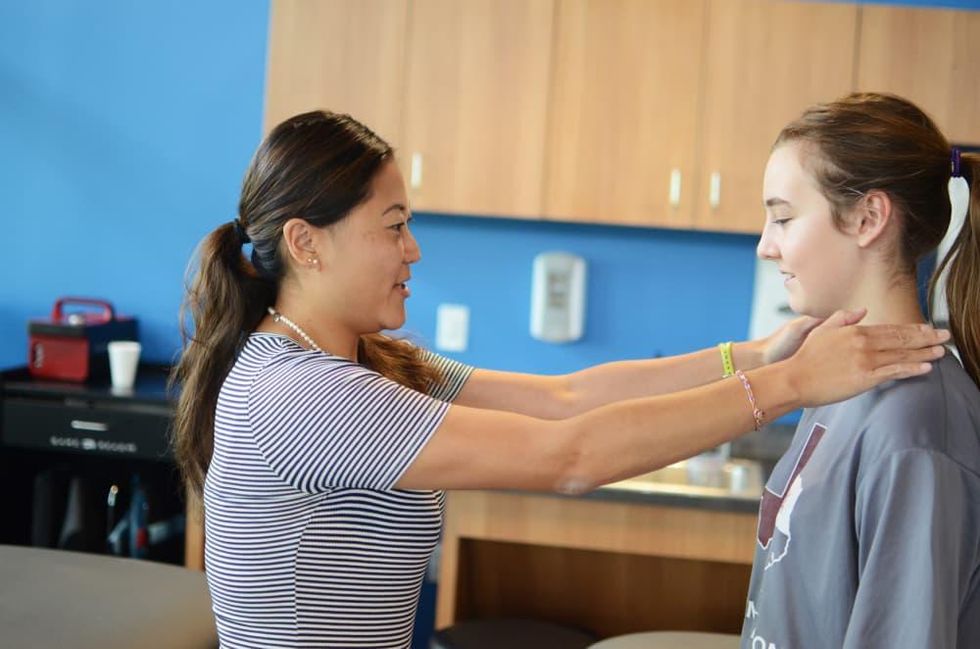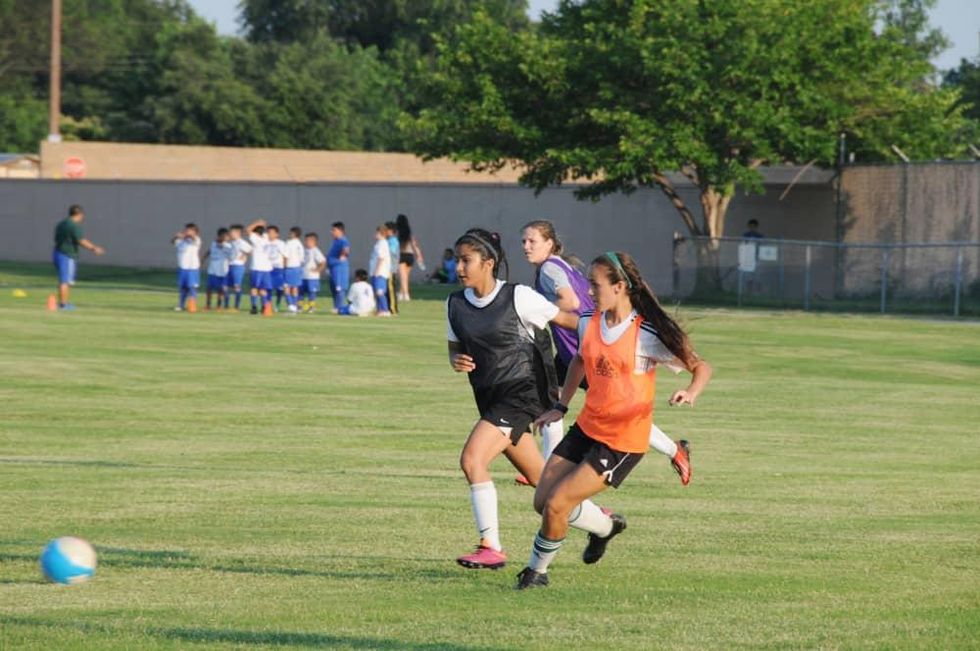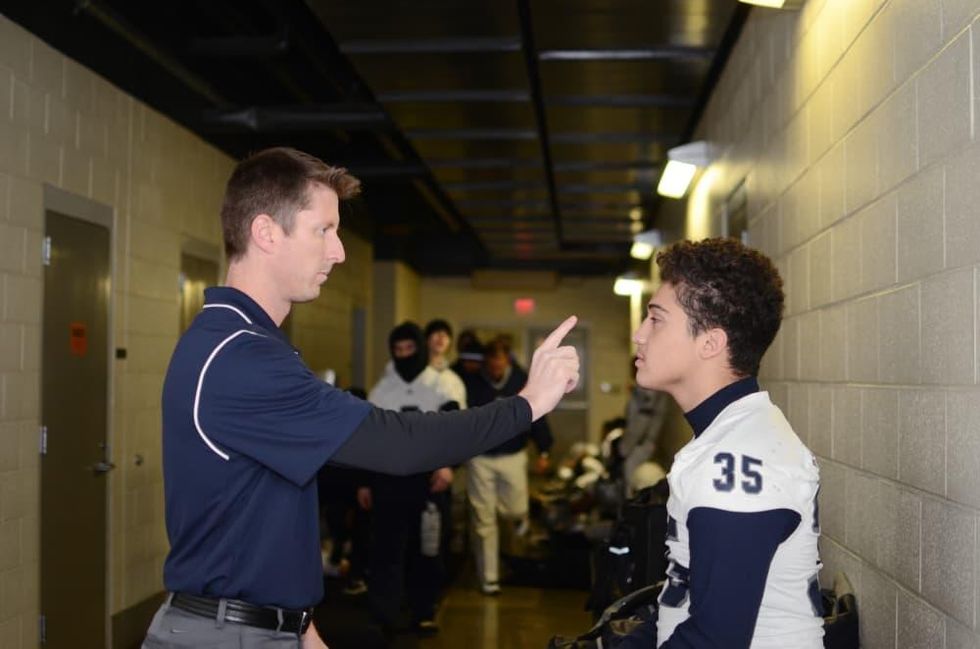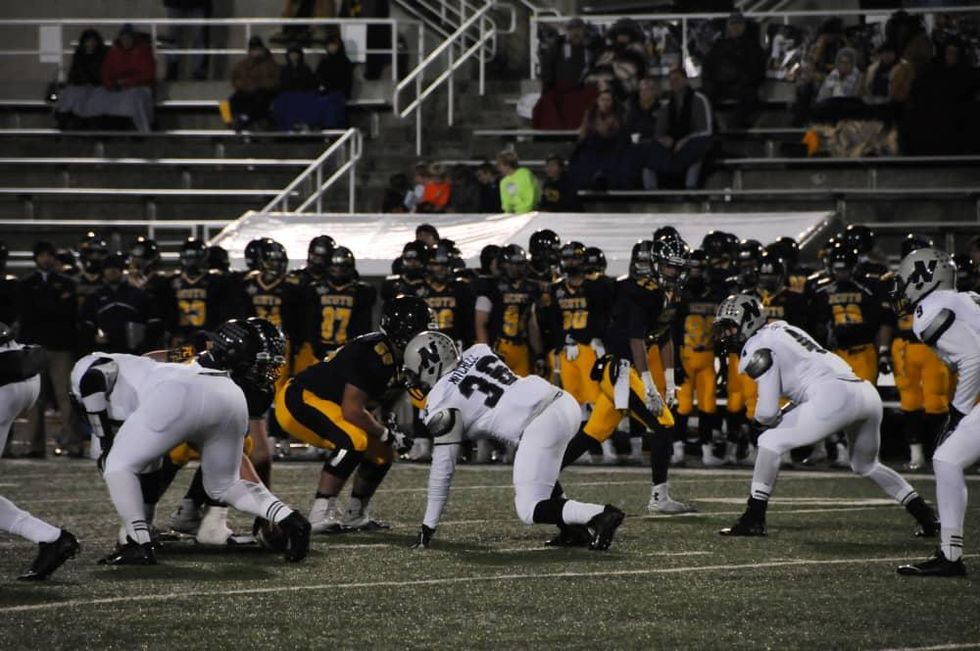On the Field
A guide to concussions as kids head back into school sports
The start of a new school year will be here before you know it, and with it comes the beginning of fall sports (particularly football if you're in Texas).
As parents, kids, and coaches prepare for a new academic year and sports season, the world-renowned experts at Texas Scottish Rite Hospital for Children recommend everyone brush up on recognizing the signs and symptoms of sports-related concussions. More importantly, be sure you know the best way to respond.
Scottish Rite Hospital sports medicine physicians Shane M. Miller, M.D. and Jane S. Chung, M.D. discuss what to watch out for this fall.
What is a concussion?
A concussion is a brain injury that generally occurs from a fall or sudden blow to the head, neck, or body. Shaking of the brain inside the skull damages cells, which causes chemical changes that disrupt normal brain function.
Signs and symptoms of a concussion
You may suspect that your young athlete has a concussion if they appear dazed, stunned, confused, or even lose consciousness. Physical symptoms of a concussion include headache, nausea, dizziness, and blurred or double vision.
Dr. Miller says the symptoms might worsen after several minutes, hours, or sometimes days. The athlete might feel okay at the time of the injury, but over the next few days, the injury evolves.
When in doubt, sit them out
One of the most common mistakes is returning a young athlete to the field too early. If a young athlete is complaining of any of the signs and symptoms of a concussion, Dr. Miller recommends that it's safest to remove them from play immediately. The "tough it out" mentality could prolong recovery and make them more susceptible to a more severe injury.
Young brains take longer to recover than adult brains. After a head injury, the sports medicine experts at Scottish Rite Hospital can help determine if and when the young athlete is ready to return to play.
Get a good night's sleep
Sleep is imperative to proper development in children and teens, and not getting enough of it is associated with increased injuries and other health problems. But if your child has a concussion, good sleep may help reduce their symptom severity and decrease the length of their recovery. Dr. Chung encourages at least 9-10 hours of sleep for a pediatric patient during concussion recovery, and emphasizes improving quality sleep by limiting screen exposure for at least an hour before bed.
How to decide if a child is ready to go back to sports
Return to sports decisions are considered once symptoms are under control and the child is tolerating school. Evaluation of motor skills — balance, speed, coordination — and neurocognitive abilities — memory, problem-solving, reaction time, attention span — are helpful to determine readiness for sports. Returning to sports too soon is dangerous and can cause longer symptom duration or a more serious injury. When it's safe, a child is guided through a return-to-sport protocol appropriate for his or her sport.
What parents can do
Ask if your child's school athletic program provides athletes with pre-season baseline testing. If they do not, Scottish Rite Hospital's Center for Excellence in Sports Medicine offers computerized neurocognitive testing for athletes ages 10 and up. The results of this testing are helpful if your child sustains a concussion.
If you witness a bad hit or observe any of the signs and symptoms listed above in your athlete or their teammates this season, say something. It takes the whole team to prevent concussions and long-term injuries.
For more information, visit Scottish Rite Hospital's website.




